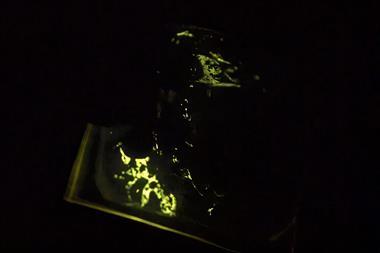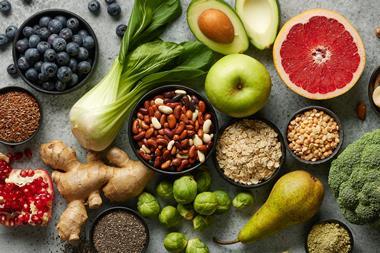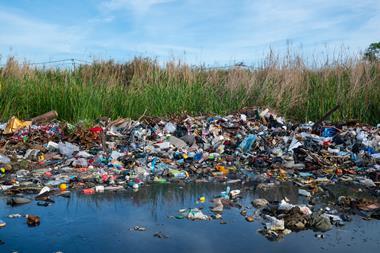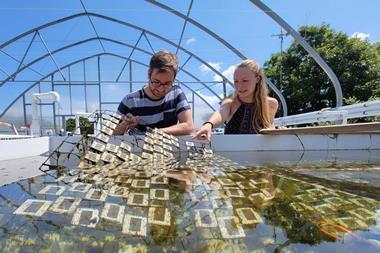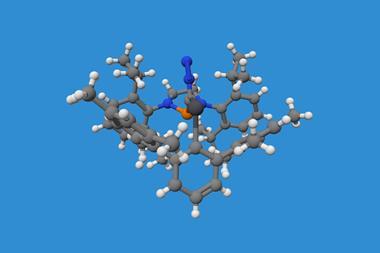Broadcast on 12 August 2021, this is the second in a series of free events throughout 2021 developed by the Royal Society of Chemistry’s Science Policy Unit, exploring current issues around plastic production, use, reuse and disposal.
The plastic waste problem is at a critical point, and while plastics are a useful material in many applications, we need to find ways to live with them without creating environmental harm. Once a plastic has been reused and it at the end of its useful life, it comes the time for recycling. But how best to retain value in our materials?
Mechanical recycling currently makes up about 99% of the plastic recycling taking place across Europe. If perfectly utilised mechanical recycling can be a very effective way of turning end of life plastic products into new plastics. However, with mixed or contaminated waste streams an undesirable product is produced, and ‘downcycling’ can occur.
Chemical recycling has been touted as a solution to some of the limitations of mechanical recycling and can deal with some of the ‘problem plastics’ not easily recycled with conventional means.
‘Chemical recycling’ is actually an umbrella term covering several technologies which break apart polymer chains and produce a product further away from a finished plastic. Some of these processes are highly selective, and some use high temperatures to indiscriminately ‘crack’ polymer chains into a mixed product.
But chemical recycling is not yet available at scale, and there are some concerns over the amount of energy it uses. So, is chemical recycling worth the energy?
Our speakers discuss:
- What mechanical recycling is, and how it can be optimised
- The technologies known as ‘chemical recycling’, their potential applications and hurdles still to overcome
- What a future recycling system might look like, and how we can get there
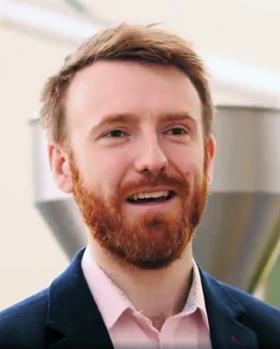
Speaker: Sam Hill
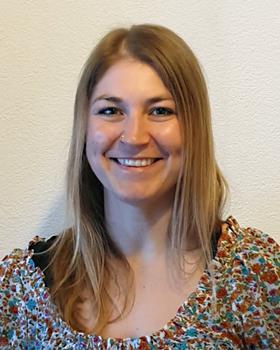
Speaker: Ina Vollmer

Chemistry World and the Science Policy Unit at the Royal Society of Chemistry are proud to offer this series of webinars to promote scientific debate around particular areas of plastics.
The Science Policy Unit sits within the Policy and Evidence team, coordinating programmes around sustainability and health. We aim to improve the quality of scientific evidence in policy making, and show the positive impact of chemistry in solving global challenges.
Progressive plastics webinars
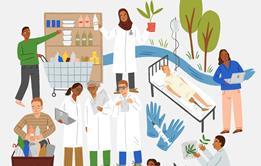
A series of events throughout 2021 developed by the Royal Society of Chemistry’s Science Policy Unit, exploring current issues around plastic production, use, reuse and disposal.
- 1
- 2
 Currently
reading
Currently
reading
Is chemical recycling of plastics the future?
- 4





